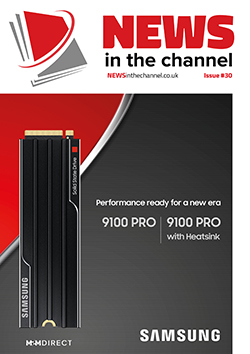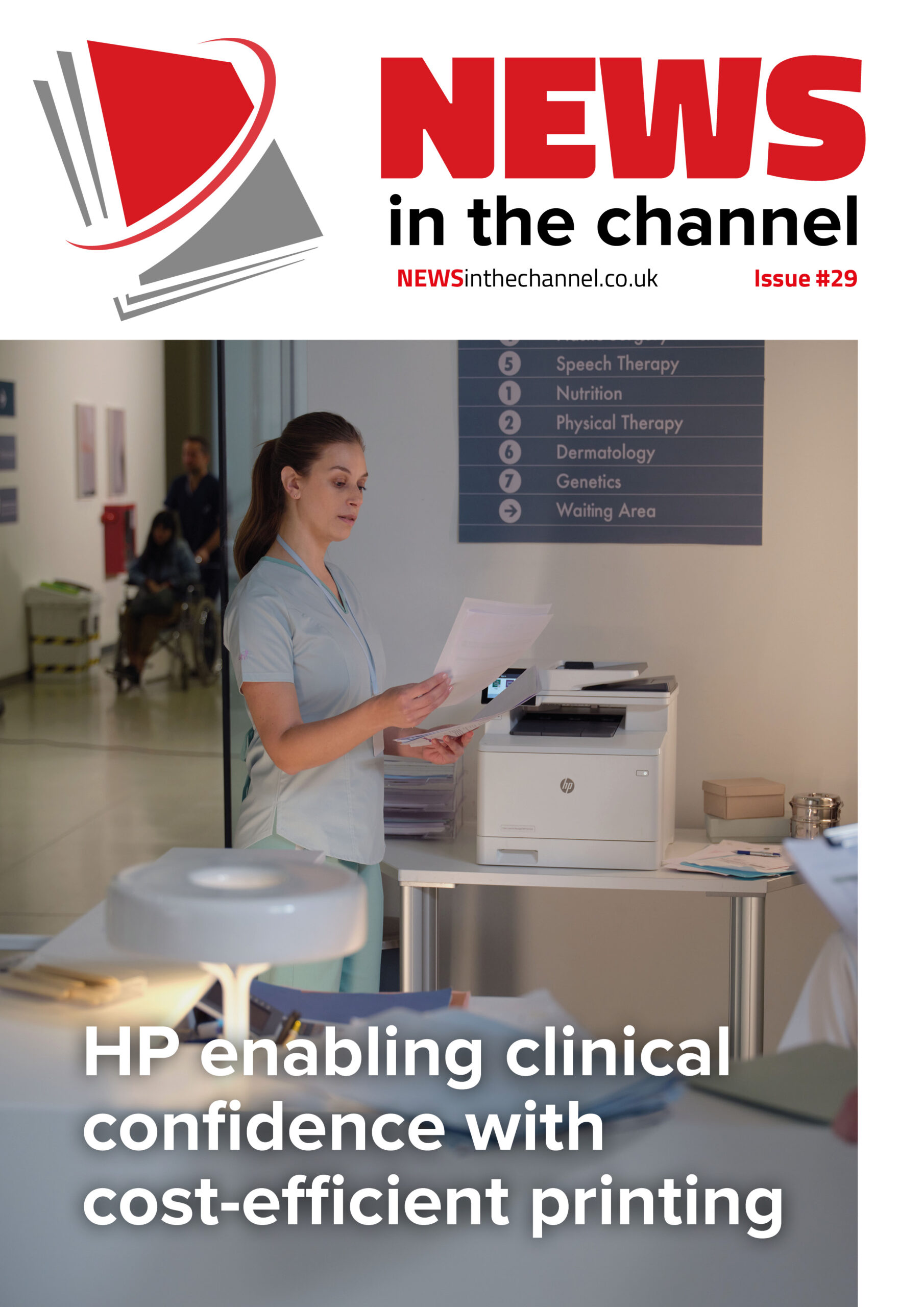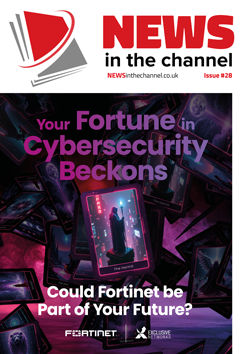With hybrid working now established, there are confidential documents in more places than ever, which need to be kept confidential.
Scanning documents for upload to the cloud and shared access drives is necessary – not least for GDPR – but is there an appreciation of how vulnerable scanners can be and what are the solutions for this?
The rise of hybrid working has made it necessary for companies to upload, scan and share information through cloud-based systems. However, sharing confidential data through the cloud can leave companies vulnerable to threats and vulnerabilities. Therefore, investing in confidential scanning tools that keep information encrypted, safe, and protected is crucial. The importance of confidential scanning, the risks of having unsecured scanners in the workplace, and the solutions available to keep documents secure, has never been more important.
According to Paul Day, technical director of Filestream, confidential scanning has long been impossible to achieve in a hybrid environment due to a lack of access to technologies required to keep documents secure as they’re transferred through the cloud. Additionally, employees working in hybrid environments often lack familiarity with security and compliance best practices. This has led to companies struggling with strategies for confidential scanning.
Tom Bailey of Post Partner believes that the need to confidentially scan and share documents in real-time with hybrid and remote workers has become increasingly prevalent since the pandemic. However, strategies for confidential scanning have often been complex, and people initially had to muddle through processes by sending at least one person into an office at any given time just to enable the use of scanning technologies.
One of the risks companies face is leaving information and documents in non-secure areas after scanning. The majority of risks that emerge from non-confidential scanning fall into two areas: human error and malicious theft. In highly regulated industries, awareness of these challenges is often high, but awareness doesn’t always translate to action. Companies can’t just be familiar with the issues they’re likely to face; they need to ensure they’re responding accordingly to threats.
Unsecured scanners in offices are a risk factor for numerous compliance strategies, including GDPR. Public sector settings such as the NHS and government administration are often handling highly sensitive information, from personal health records to matters of national security, making robust security imperative. Companies, therefore, need to ensure every aspect of their technology stack is secured, including scanners.
There are opportunities for companies to make scanning and information sharing more secure. Filestream’s document management solution, for instance, includes AES 256 encryption to keep data protected. However, companies struggle to find and implement the most secure solutions. Secure and effective digitisation can be achieved in a number of ways, both with internal solutions and outsourced services. Using data capture software can make the task of sharing data much quicker and more efficient for the operative, while reducing the number of risks businesses face. It also helps to guarantee documents actually end up in the right location without the risk of misdirection and theft.
Secure solutions can even be built into the hardware companies use. Epson’s DS-790WN network scanner is designed for multi-person use, which makes security of paramount importance to those using it. It has the capability of offering various authentication methods directly from the device, driven by Epson’s Document Capture Pro Server software. For additional integration, the Epson Open Platform allows third-party developers to create customised solutions that meet a company’s specific needs.
Another essential consideration when it comes to confidential scanning is the ability to demonstrate an audit trail. Being able to prove who accessed a document, when it was accessed, and what was done with it can be invaluable in the event of a breach or investigation.
As Andrew Cowling, channel marketing manager at PFU (EMEA) Limited explains, “scanning software, such as PaperStream NX Manager can be a solution to these problems. Offering features such as access authentication, means that jobs can only be accessed by those with the right profiles, and scans can be directed to secure locations. It also offers data encryption to help prevent data leakage and enhance security, whilst a full audit trail maintains a complete record of who and when a document was accessed. “
The importance of confidential scanning cannot be overstated. Companies need to invest in confidential scanning tools to keep information encrypted, safe, and protected. Leaving confidential data unprotected can expose companies to a multitude of threats and vulnerabilities. Secure solutions can be built into the hardware companies use or obtained through outsourced services. It is vital for companies to take proactive measures to ensure confidential information remains secure in the age of hybrid working.











